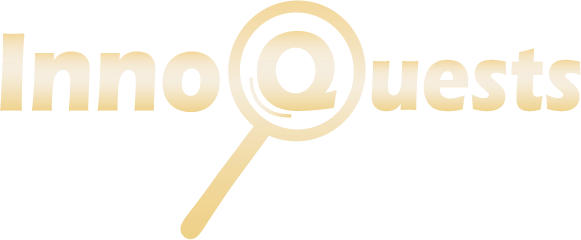Team Building in Rochester and Beyond: Benefits of Puzzle Hunts
There’s more to effective team building than providing opportunity for participants to bond. Instead, activities can be strategically designed to enhance team cohesion and performance.
Organizational decision-makers often ask: “Are team building exercises effective?” Here’s what the evidence says about how puzzle-based play may impact your team:
1. Enhance your Team’s Communication Skills. Puzzle hunts require players to observe their surroundings, interpret ambiguous information, and work toward a common goal. Teams must communicate clearly, consider various team members’ perspectives, and adapt to new information. In short, puzzle hunts are the perfect place to improve your communication skills. Egan, Banter, and Sorgen (2021) found that after a puzzle-based experience (i.e., an escape room), participants reported increased knowledge, perceived value, and associated skill related to four areas of effective communication:
Verbal communication (inspiring and informing others)
Advocacy
Conflict negotiation
Listening
2. Increase Trust between Team Members. Trust is foundational to effective teams, allowing those in leadership roles to move beyond transactional relationships to inspire their teams to success. When leaders act consistently with their values, trust follows. Puzzle hunts provide a perfect scenario to demonstrate those skills. Leaders who value cooperation may bring reticent team members on board with a plan for a puzzle’s solution. Those who value innovation may prompt team members to look at information in a new light. And, consider the evidence: After participating in a puzzle-based escape room, participants in Gordon et al.’s (2019) study showed a 7% raw gain in agreement with the statement: “I trust my team members for this upcoming year.”
3. Facilitate Risk-Taking. Puzzle hunts offer purposefully ambiguous information. Part of the fun (and challenge!) is requiring participants to think abstractly or engage in lateral thinking to devise solutions. Games offer a safe space for individuals to practice these skills. Participants in Gordon et al.’s (2019) study commented on how they “…boldly walked into each failure…” and “…were open to everyone’s ideas.” Without organizational pressures, participants feel safe to approach problems in new ways. Related, 90% of participants in another escape room/puzzle experience found the social and interpersonal interactions within the game to be reminiscent of those required in their professional position; thus, transference of skills may be achieved.
If you’re curious to learn more about how InnoQuests’ puzzle hunts can be implemented for your unique corporate event, corporate training, or team building program, please contact us to discuss our platform.

